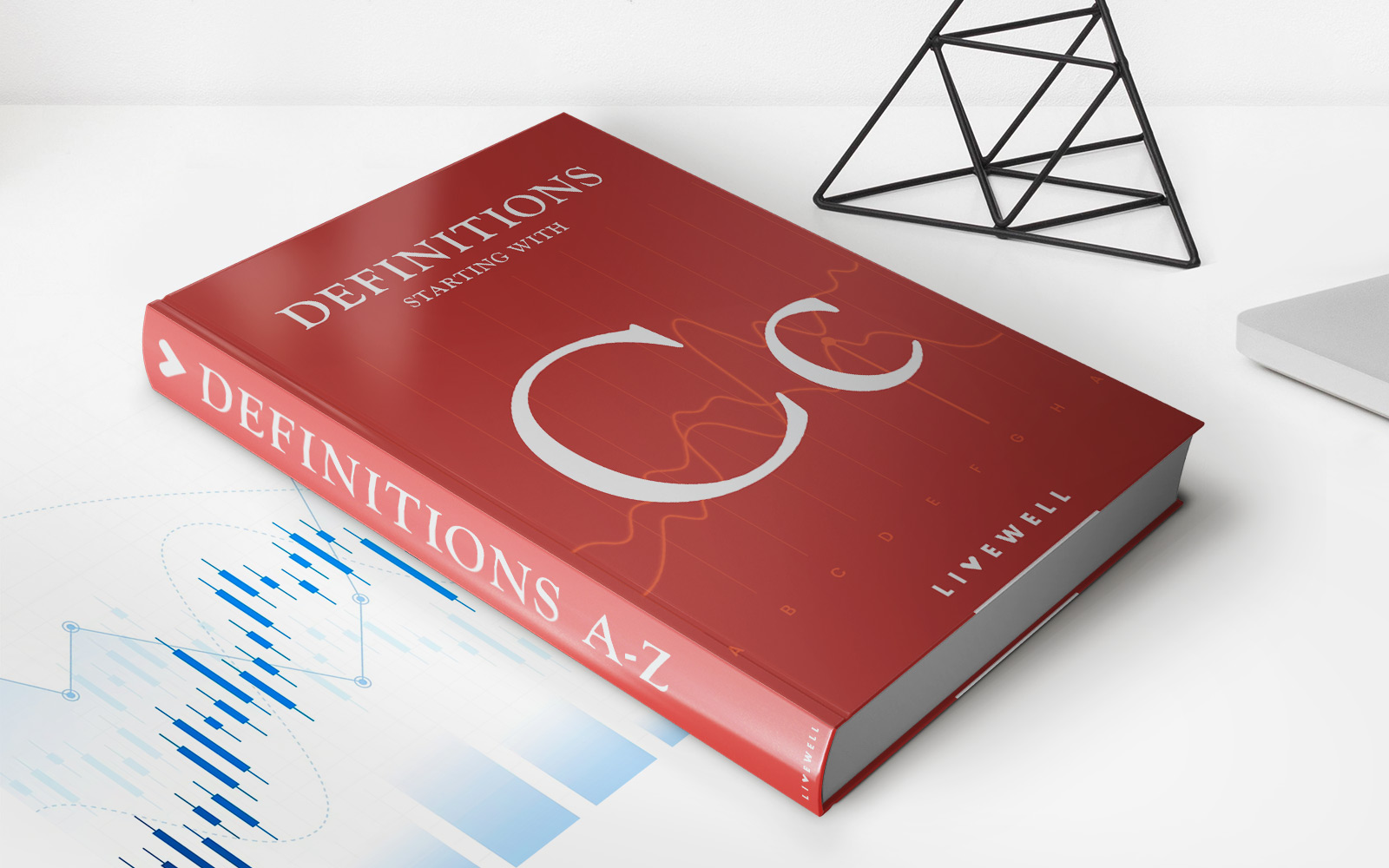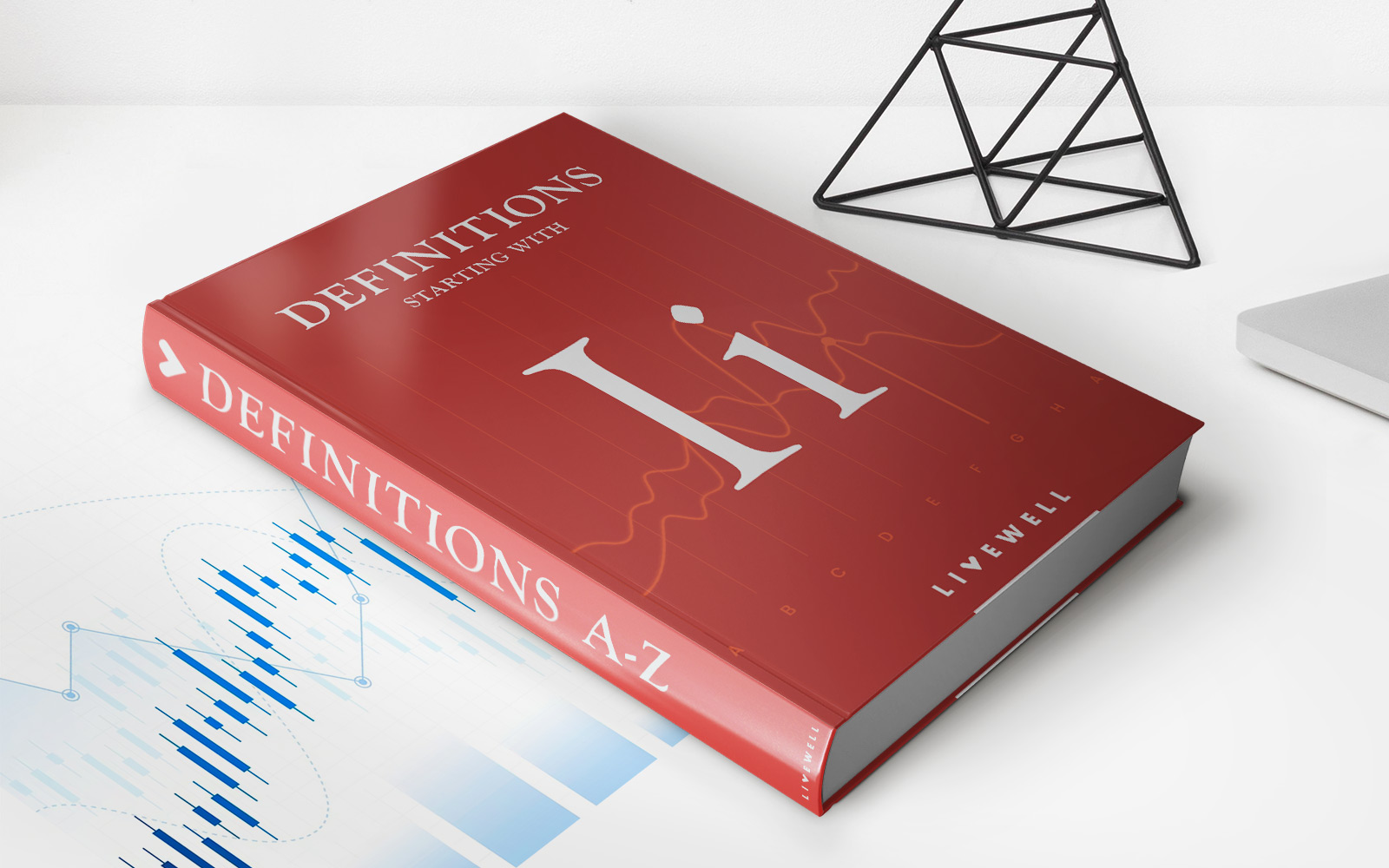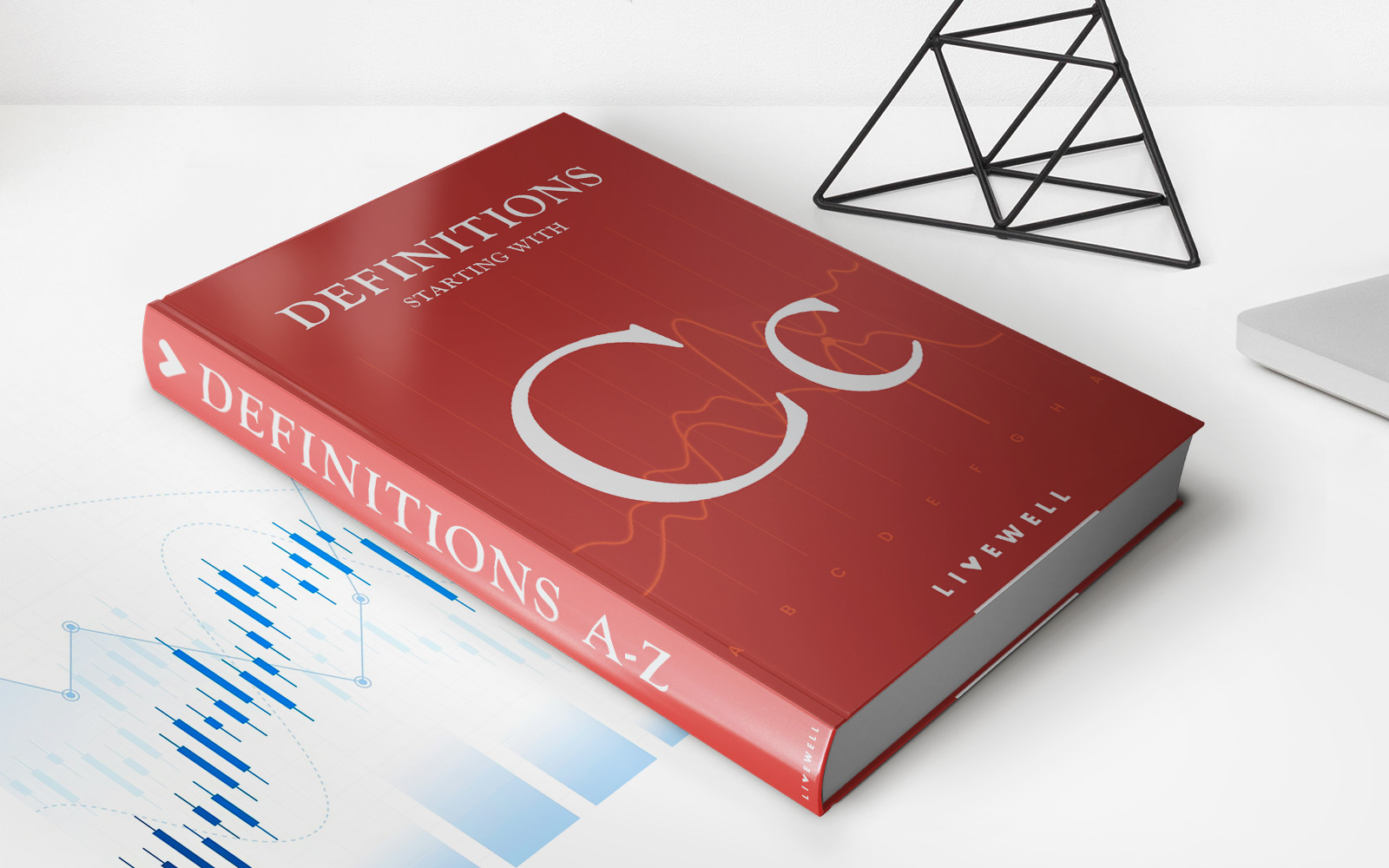

Finance
Certificate Of Deposit Index (CODI) Definition
Published: October 25, 2023
Learn the definition of Certificate of Deposit Index (CODI) in finance and understand its significance in the financial market.
(Many of the links in this article redirect to a specific reviewed product. Your purchase of these products through affiliate links helps to generate commission for LiveWell, at no extra cost. Learn more)
The Certificate of Deposit Index (CODI): A Comprehensive Guide
Welcome to our Finance category blog post! Today, we’ll be delving into the world of the Certificate of Deposit Index (CODI). If you’re seeking a reliable investment option, understanding how CODI works can help you make informed decisions to grow your wealth. In this article, we will explain what CODI is, how it is calculated, and its significance in the financial market. So, let’s get started!
Key Takeaways:
- Certificate of Deposit Index (CODI) is a benchmark used to calculate the interest rates of adjustable-rate mortgages (ARMs) and other variable-rate loans.
- CODI is determined based on the average interest rates of a select group of certificates of deposit (CDs), issued by U.S. banks.
What is Certificate of Deposit Index (CODI)?
Simply put, a CODI is a financial index that serves as a benchmark for determining the interest rates of adjustable-rate mortgages (ARMs) and other variable-rate loans. It is calculated using the average interest rates of a specific group of certificates of deposit (CDs) issued by various banks in the United States.
Being an index, CODI fluctuates over time based on the prevailing interest rates of the CDs included in its calculation. This makes it a useful tool for lenders to determine the rates they will charge on adjustable-rate loans, which can provide borrowers with potentially lower interest payments.
How is CODI Calculated?
The formula to calculate CODI is relatively straightforward. It involves taking the sum of the weighted average interest rates of the selected CDs and dividing it by a divisor. The divisor is used to standardize the index value, allowing for easier comparison and tracking over time. The composition and specific methodology of calculation may vary, but the underlying principle remains consistent across providers.
Significance of CODI in the Financial Market
CODI plays an essential role in the financial market by providing a reliable benchmark for variable-rate loans, such as ARMs. Here’s why CODI is significant:
- Loan Pricing: Lenders use CODI as a reference point to determine the interest rates they will offer on adjustable-rate loans. As a borrower, understanding the CODI can help you assess the competitiveness of loan offers.
- Market Insight: CODI reflects the prevailing interest rates in the CD market. By keeping an eye on changes in CODI, investors gain insight into broader interest rate trends. This information can help inform investment decisions in other fixed-income securities, including bonds and CDs, and allows for portfolio diversification.
In conclusion, the Certificate of Deposit Index (CODI) is an influential benchmark used by lenders, borrowers, and investors alike. Understanding how CODI is calculated and its significance in the financial market can empower you to make more informed decisions about adjustable-rate mortgages and explore market trends. So, next time you come across CODI, you’ll have a solid understanding of its purpose and importance.














